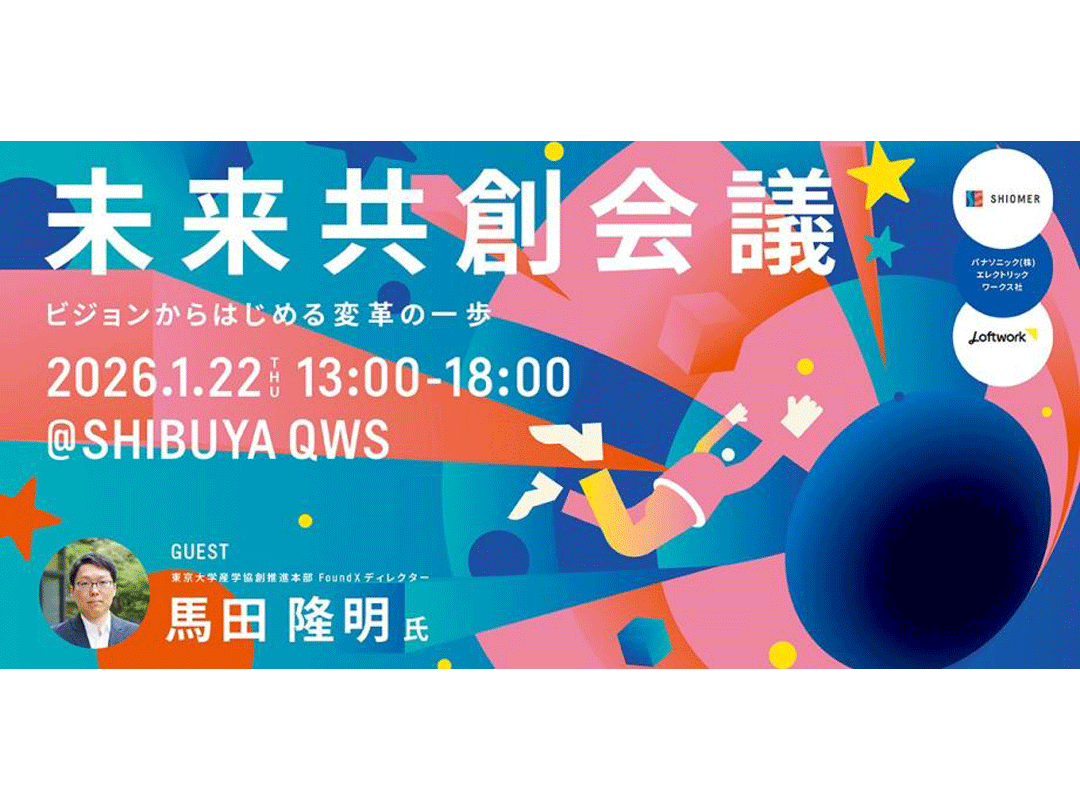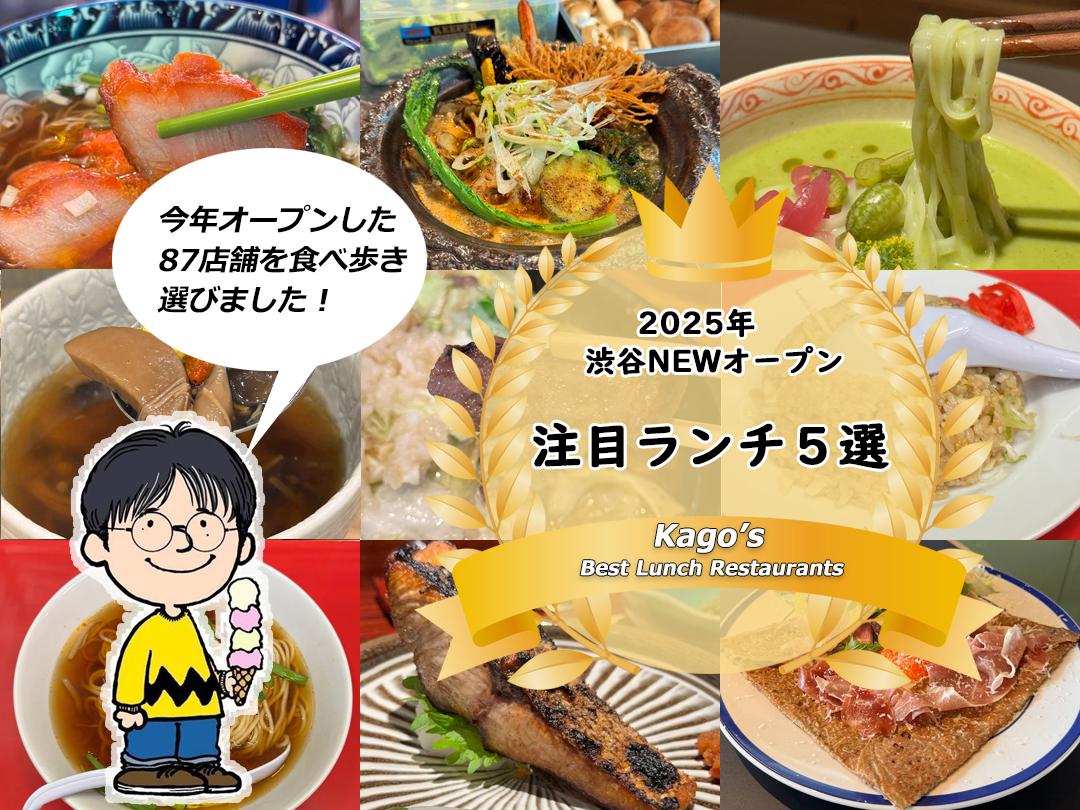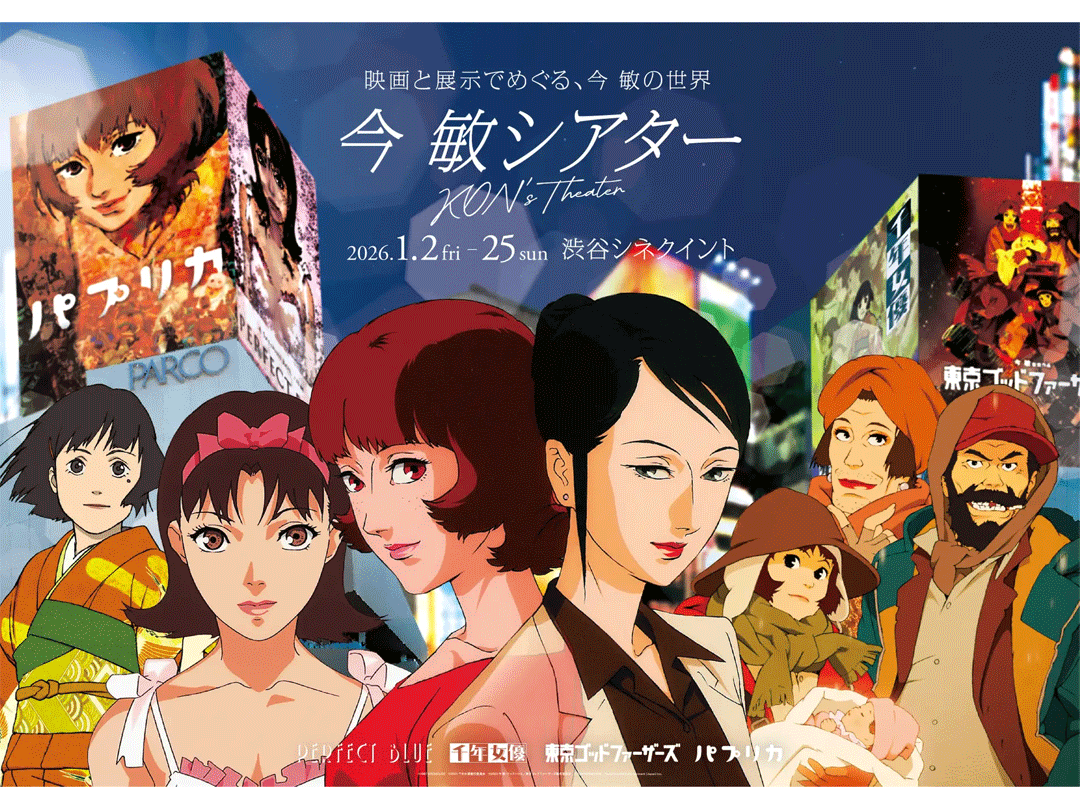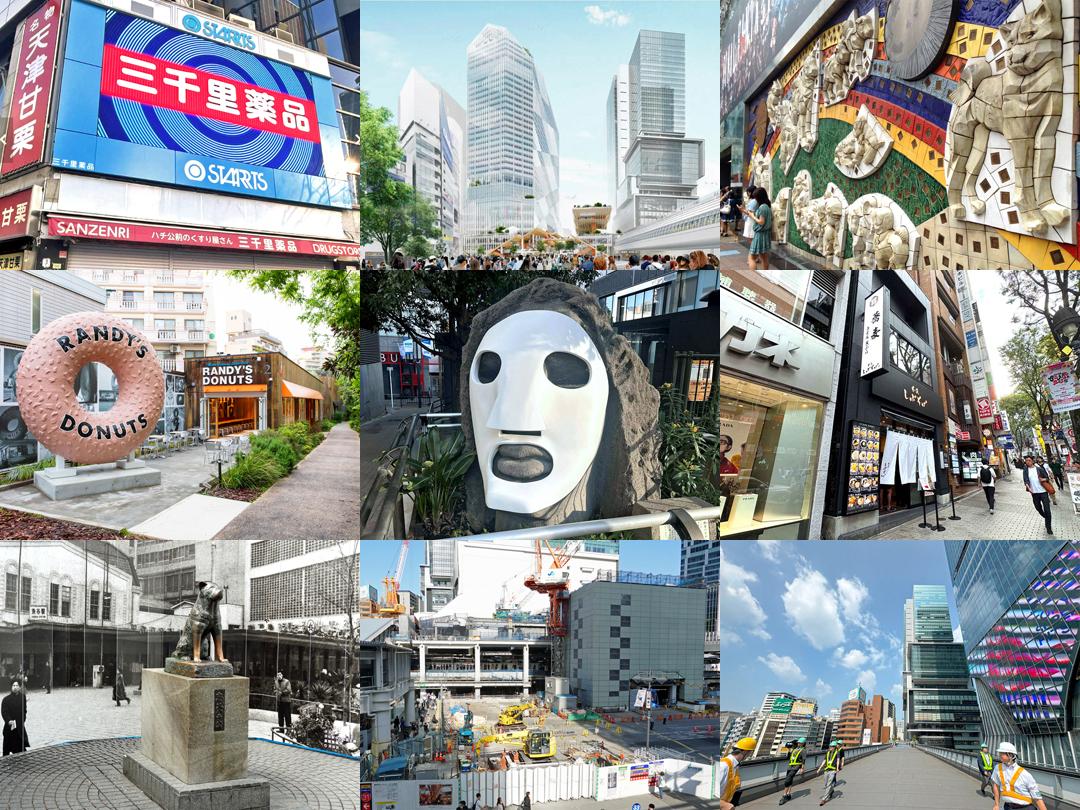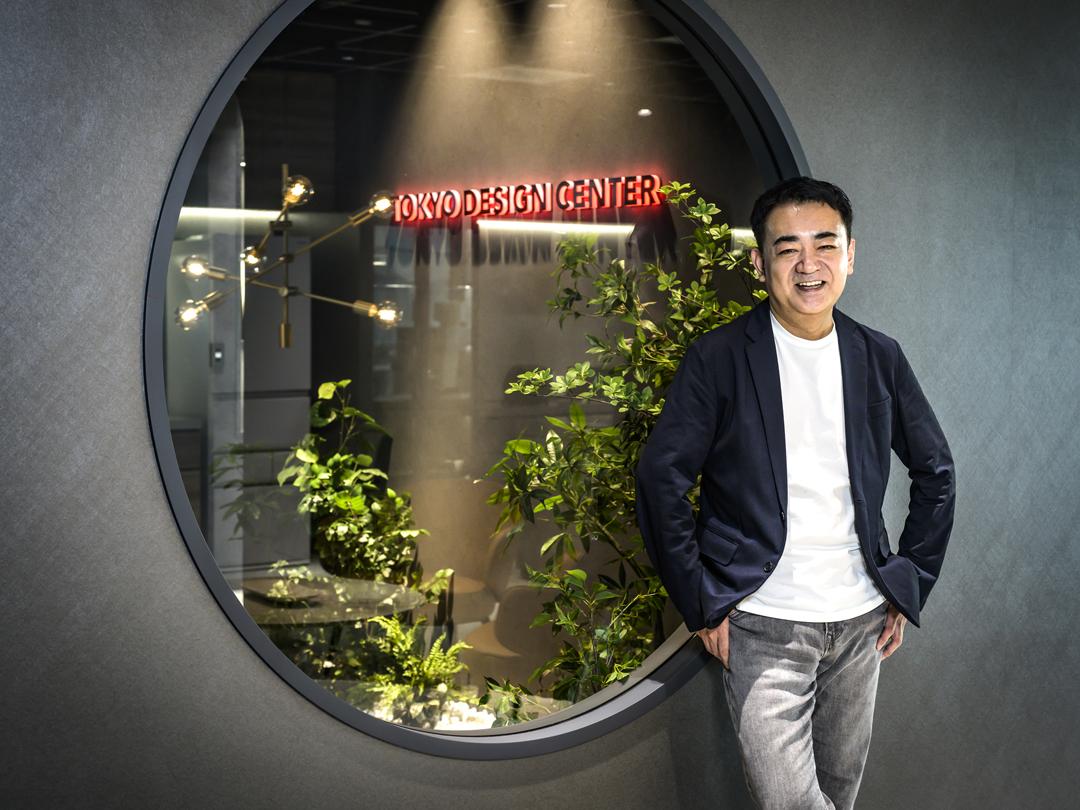SHIBUY.A. × EVENT
2024-09-08
A networking and talk event for people who want to start a business in a rural area! Learn from local players who turn excitement into reality with this candid talk and networking event @WeWork Shibuya
Interacting with local players
2024-08-14
Source: Peatix
Why not jump into the countryside, interact with local players who are turning their excitement into work, learn something new, and take a step forward?
Aimed at people who want to eventually start a business in a rural area, we will be holding a casual talk-style event at Shibuya Scramble Square WeWork, providing a place to meet and learn from local players who are also aiming to start businesses in rural areas!
After the event, a networking event will be held with guests.
I want to learn about the reality of moving to rural areas and starting a business!
I want to increase the number of people moving to rural areas!
I want to accomplish something locally!
Please join us!
We also have strawberries, a specialty of Tamura City, available!
We look forward to meeting you all!
Event Schedule
10:20 Meet SHIBUYA SCRAMBLE SQUARE 17th floor in front of the manned reception desk
*The building is on the second basement floor, and you can access the 17th floor from the elevator on the second floor.
-10:30 Opening
-10:40~11:10 Keynote speech
Representative of Resonance Inc. Head of Maeda School, "Private Business School Connecting the U30s"
Mr. Keiichi Maeda
-11:15-11:25 Tamura City guest self-introduction, business introduction, 5 minutes each
Representative of Sunny LLC, Owner of the shared restaurant "Sunny's Hakotoridori"
Mariko Nakamura
○ Entrepreneurial Regional Revitalization Volunteer Team
Ms. Naoko Miyanohara
-11:25~12:10 Panel discussion/Q&A
-12:10~12:20 Introduction to Tamura City, Introduction to the Entrepreneurial Regional Revitalization Volunteer Program
-12:20~13:00 Networking party
*Light meals will be provided.
<Guest Introduction>
Representative of Resonance Inc.
"Private Business School Connecting the U30s" by Keiichi Maeda, Headmaster of Maeda School
Born in 1979 in Kagoshima City, Kagoshima Prefecture.
I live with my wife, 3-year-old daughter, and 1-year-old son.
He joined IBM Business Consulting Services in 2005.
Involved in numerous financial accounting system renewal projects for major manufacturing companies.
Since 2008, he has been in charge of trading Japanese listed stocks in the Investment Strategy Marketing Department at Nomura Securities.
He started his own company in 2011. After working in systems development, recruitment and energy businesses, he is currently developing a training business for corporations.
Since 2013, he has been running a private business school for young people called "Maeda Juku". To date, he has taught over 6,000 participants (as of July 2024).
From 2020, he moved to Yonago City, Tottori Prefecture for a year and a half.
Representative of Sunny LLC, Owner of the shared restaurant "Sunny's Hakotoridori"
Mariko Nakamura
Born in 1981. Moved from Funabashi, Chiba to Tamura, Fukushima in 2018 after getting married and giving birth, and became independent in 2019.
When his income dried up due to the COVID-19 pandemic, a Note article summarizing recycling know-how was well received.
This led to him appearing as an expert on reuse on media outlets such as MBS's "Sunday First Time Heard" and Nippon Television's "DayDay."
He also speaks at events and works to leave a clean Earth for our children's future.
He is currently involved in preparing for the operation of the store "Sunny's Hakotoridori" and also serves as the representative of the child-rearing support group "Tamura Child-rearing Project HUG."
While pursuing the possibilities of reuse, the company continues to work hard to revitalize Tamura City and promote a circular society by running community-based businesses and supporting child-rearing.
Naoko Miyanohara, Entrepreneurial Regional Revitalization Volunteer
Born in Kanagawa Prefecture. After graduating from university and working for a foreign pharmaceutical company, he worked in international cooperation in Nicaragua as a JICA Japan Overseas Cooperation Volunteer, a United Nations Volunteer, and the Japanese Embassy in Nicaragua. In 2018, he moved to Japan with his family and will move from Tokyo to Tamura in February 2023.
Aiming for a world filled with healthy people in both body and mind, who live rich and happy lives, she is currently working as an entrepreneurial local revitalization volunteer, creating entry points to new worlds, opportunities to learn and take on new challenges while having fun through international exchange, languages, food, and creating playgrounds, and trying to turn this into a business.
Venue
WeWork SHIBUYA SCRAMBLE SQUARE Tamura City Tokyo Recruitment Center
2-24-12 Shibuya, Shibuya-ku, Tokyo 150-0002 (nearest station: direct access from JR Shibuya Station)
Schedule
Sunday, September 8, 2024 10:30-13:00
Entry fee
Free
Capacity
15 people
Conditions for participation
・Those who are interested in moving to rural areas and creating businesses
Application method
From PEATIX
Sponsorship
Tamura City, Fukushima Prefecture
What kind of area is Tamura City, Fukushima Prefecture?
Tamura City is located in the center of Fukushima Prefecture, and is easily accessible from Tokyo, just two hours by Shinkansen. There is a large shopping center in the town, so you will have no trouble shopping for your daily necessities. Surrounded by the Abukuma Plateau, it is a town rich in nature and where you can live peacefully.
◾️Feature 1: Rich natural environment including the Abukuma Plateau
Mountains and rainbow seen from Tamura City Sky Palace
Tamura city is located in the mountain valley of the Abukuma Plateau, with a series of mountains of various sizes running from north to south. This allows you to enjoy panoramic views of the Abukuma Plateau from all over the city.
In spring, cherry blossoms bloom all over Tamura city. The city's cherry blossoms are modeled after the Shikoku Pilgrimage, and the 88 famous cherry blossom spots are called "Tamura's 88 Beautiful Cherry Blossom Views."
In Takine-cho, Tamura City, there is a 600m long limestone cave called Abukuma Cave, which is a popular spot for its illuminations in winter. It is full of various attractions, such as "Moon World," which is the first limestone cave in Japan to have a dimming system for stage productions, "Takine Palace," the largest hall in the cave, and the "Exploration Course," where you can experience a sense of adventure.
◾️Feature 2: Good transport access to Tokyo, about 2 hours
It takes about two hours to travel from Tamura City to Tokyo by Shinkansen.
Example: Tokyo Station → Koriyama Station (approximately 1 hour 30 minutes)
Koriyama Station → Funehiki Station (approx. 30 minutes)
Another feature of the area is its excellent accessibility, with the major city of Sendai only an hour and 10 minutes away by Shinkansen.
Example: Sendai Station → Koriyama Station (about 40 minutes)
Koriyama Station → Funehiki Station (approx. 30 minutes)
In addition to public transportation, access by car is also improving with the recent construction of a network of expressways, including the Ban'etsu Expressway, and plans for the construction of the Abukuma Expressway in the future.
◾️Characteristic 3: Abundant tourism and recreational resources
Hoshinomura Observatory and the Milky Way
Source: https://tamura-ijyu.jp/about/
In addition to the Abukuma Cave mentioned above, Tamura City has many other unique tourist and recreational resources.
One of them is the "Hoshi no Mura Astronomical Observatory."
In Tamura City, the night sky is so clear that you can see the Milky Way all year round, and the starry sky is a spectacular sight even to the naked eye.
Within the facility, you can enjoy astronomical observations using a 65cm diameter telescope, one of the largest in the prefecture.
"Mushi Mushi Land" opens only during the summer
In the Tokoha area, there is Mushi Mushi Land, which is only open during the summer.
Not only can you enjoy interacting with the rhinoceros beetles directly, but you can also see over 100 different types of specimens and learn about how to care for insects and their ecology, providing a variety of other ways to enjoy yourself.
Hop Garden Auto Campsite has only 10 sites on its vast grounds.
Tamura City is also known for its abundance of campsites. The most popular of these is Green Park Miyakoji.
There are only 10 sites on the vast land, making it a luxurious space where you can enjoy nature to the fullest. Inside the park, there is also the Hop Garden Brewery, where you can taste freshly brewed craft beer made with hops grown in Tamura City.
There are also many other ways to have fun, such as playing disc golf or experiencing farming.
◾️Characteristic 4: Many people gather here to take on new challenges and choose their own way of life.
People taking on the challenge in Tamura City
In Tamura City, there are many people who are choosing to live their own lives and taking on challenges.
Using the warmth of the Tamura people as energy, we are expanding our business in a new direction
Try your hand at making Italian bread using leftover beer lees.
Oshima is trying her hand at making Italian bread with the support of the local community.
Source: https://tamura-ijyu.jp/tamudex/2888/
After taking up his post as a member of the Tamura City Regional Revitalization Volunteer Team, Oshima gained experience at a craft beer brewery.
Buckwheat flour waffles are sold from a food truck, and sweets are made using malt lees produced during the beer brewing process.
With the support of the local community, he says it has become a source of comfort outside of work. He is currently working hard to set up a craft gin brewery.
>For more details, please click here
◾️Characteristic 5: Agriculture and forestry are thriving
Agriculture and forestry are thriving, including tobacco leaf production.
Source: https://tamura-ijyu.jp/event/4504/
Agriculture and forestry are thriving in Tamura City, with the city's tobacco leaf harvest accounting for 36% of the total harvest in Fukushima Prefecture. In addition to tobacco leaf, Tamura City is also actively producing other agricultural products, such as bell peppers, tomatoes, cherry tomatoes, and blueberries, taking advantage of its blessed natural environment and semi-highland climate.
Additionally, as a new initiative, the city is working to develop production areas for specific regional vegetables, and there are also moves to promote the branding of agricultural products.
◾️Other lifestyle information
Climate of Tamura City
Tamura City's climate is characterized by large annual temperature differences. However, the amount of rainfall and snowfall is low, and even in the cold season, the period of continuous snowfall is short, so there is no need to worry about snow.
However, the cold is particularly severe in the Tohoku region, so it's a good idea to keep this in mind in advance.
Shopping environment in Tamura city
There is a large shopping center in the Funehiki area, with supermarkets, bookstores, pharmacies, and restaurants. There are also mass retailers on the roadside, so if you go shopping in this area, you will not have any inconveniences in your daily life.
Educational environment in Tamura city
Tamura City has 11 elementary schools, 6 junior high schools, and 6 high schools. Based on the goal of being a "town where people can learn," we aim to be a town where everyone can learn and expand their potential.
The town has set a goal of having 10 students attend Tokyo University by 2023, and is also committed to education.
◾️Video introduction to learn more about Tamura City
Tamura City Promotional Video
"Living in Tamura - What's there" - Voices of veteran immigrants
◾️Voices of veteran immigrants
Nakamura-san moved from Chiba to Tamura City for the sake of his children.
Moved to Tamura City to raise children
Source:https://tamura-ijyu.jp/tamudex/306/
◾️What prompted you to move?
I have lived in the Tokyo metropolitan area since I was little. I spent my three years of high school in Tomioka Town, Fukushima Prefecture, due to my father's work, but I returned to the Tokyo metropolitan area when I got a job. The main reason I decided to move to Tamura City was, of course, having a child.
Before moving, I was in charge of sales, management, and human resource development at a home appliance retailer in the metropolitan area. My husband was also in the same business, but we were very busy. We both worked from early in the morning until late at night. I felt that there was no way I could raise a child in such an environment, and I began to think about moving.
Just then, my husband was able to work at the factory in Tamura that my father ran, so we decided to move to Tamura.
◾️What is life like after you move?
I gave birth soon after moving here. When I enrolled my child in nursery school to start working, I chose a small, homey nursery school because my child is more sensitive and shy than most people. However, even after my child started going to nursery school, I was frequently called in because of fevers or feeling unwell. Sometimes I would go to work, only to get a phone call and have to rush back. Going to work was quite difficult... so I decided to start my own business.
Originally, I had the feeling that I couldn't pass on a worn-out Earth to my children, so I started a "reuse" business to reuse things that have been used once. I collect and sell items that are no longer used through on-site purchases, pre-death sorting, and estate sorting.
To be honest, I didn't know what I was going to do at first, so I registered as a "handyman" (laughs). But I did anything I wanted, like mowing the lawn or doing housework.
◾️For those considering relocating
In this day and age, I think being in the countryside has its advantages. Having moved to Tamura and started a business here, I feel that being in a small town means that you can get support from many different people, be easily found, and have a welcoming system in place.
I think it's a great environment for people who have dreams and want to try new things. Of course, there are some concerns that are unique to the countryside. For example, depending on the area, the number of children is limited, so club activities and lessons have to be chosen from a small number. It's not that having a lot of stores is a good thing, but the stores, especially those that sell children's goods, are more or less fixed.
Although there are some small concerns like this, I hope that everyone in the community can work together to make up for any shortcomings.
https://tamura-ijyu.jp/tamudex/306/
Mr. Hiraoka became a strawberry farmer after moving to the area, with the health of his family in mind.
Becoming a strawberry farmer with the health of the whole family in mind
Source:https://tamura-ijyu.jp/tamudex/254/
◾️What made you move here and become a strawberry farmer?
The reason I decided to move was because my work in Tokyo had become so busy that I felt like life itself was suffocating, and I wondered what I could do to ensure that not only myself, but my family, could live healthy lives. I felt that no matter how busy I was, it was important to have time with my family, such as by eating meals together, so I decided to start farming so I could work close to my family.
When we were thinking about what to grow, our children had said they liked strawberries, so we decided to start a strawberry farm.
◾️What is life like after you move?
There were no summer strawberry farmers nearby, so exploring new things by using the internet and contacting people far away piqued my curiosity. I also thought that if it went well, there would be a high chance of earning as much profit as possible with as little effort as possible, so in that sense, I felt that it was an area where I could take on the challenge.
However, most new farmers start with land and farm equipment from their parents' homes, but I started from scratch by preparing the farmland, including mowing the grass, so it was very difficult. I also have a lot of difficulties now, but they are not in vain, and they are worthwhile, so I would like to support those who want to start farming in the future.
◾️How was it when you moved?
The air and water in the countryside are definitely of good quality, and the food is much tastier than in Tokyo, so you really feel like you're living in a more natural environment. Of course, I had some worries about moving, but I think that's the same no matter where you go. It may be a high hurdle for people considering moving to the countryside to start farming, but I think it can be overcome to some extent if you are prepared to take full advantage of systems such as those that provide subsidies for new farmers for five years.
I think now that it would have been difficult for me if I hadn't researched that information beforehand. Right now, my big goal is to be able to consistently produce good results, and I think the most important thing to do is to keep going, so I want to change that little by little. The reality is far from what I had imagined, but I still think I've taken a big step forward, so I want to take the next step toward my goal.
To apply to participate in the event
Thank you from here.
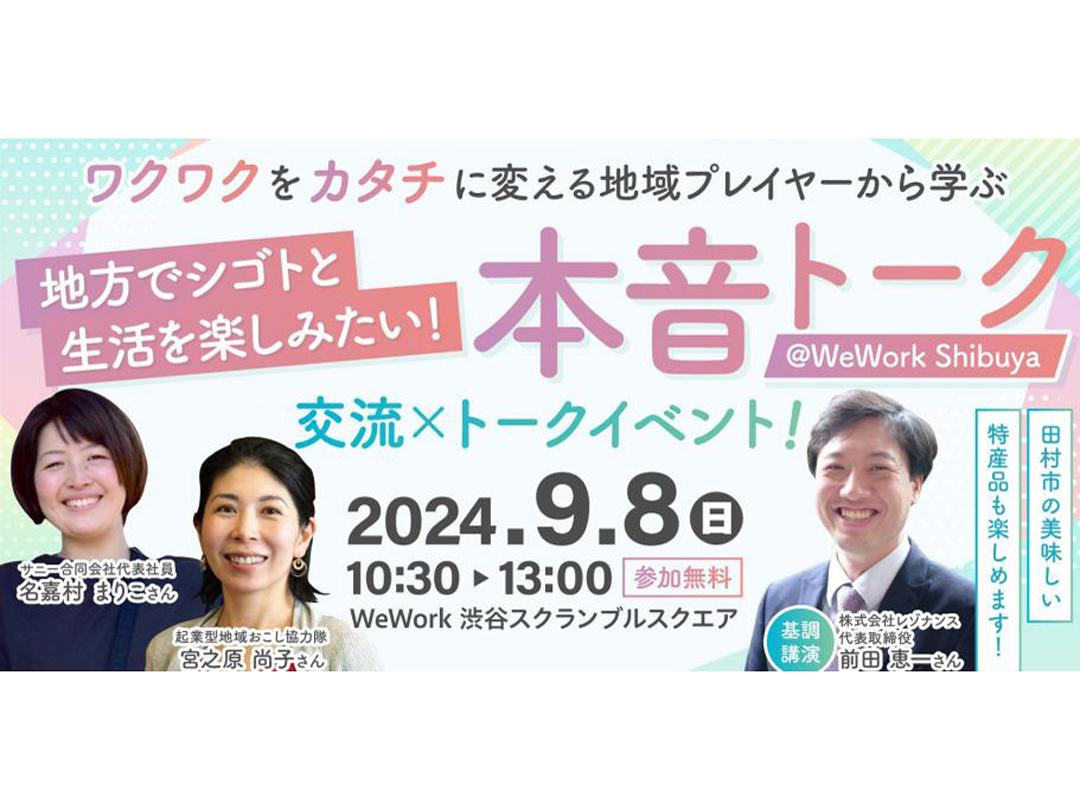
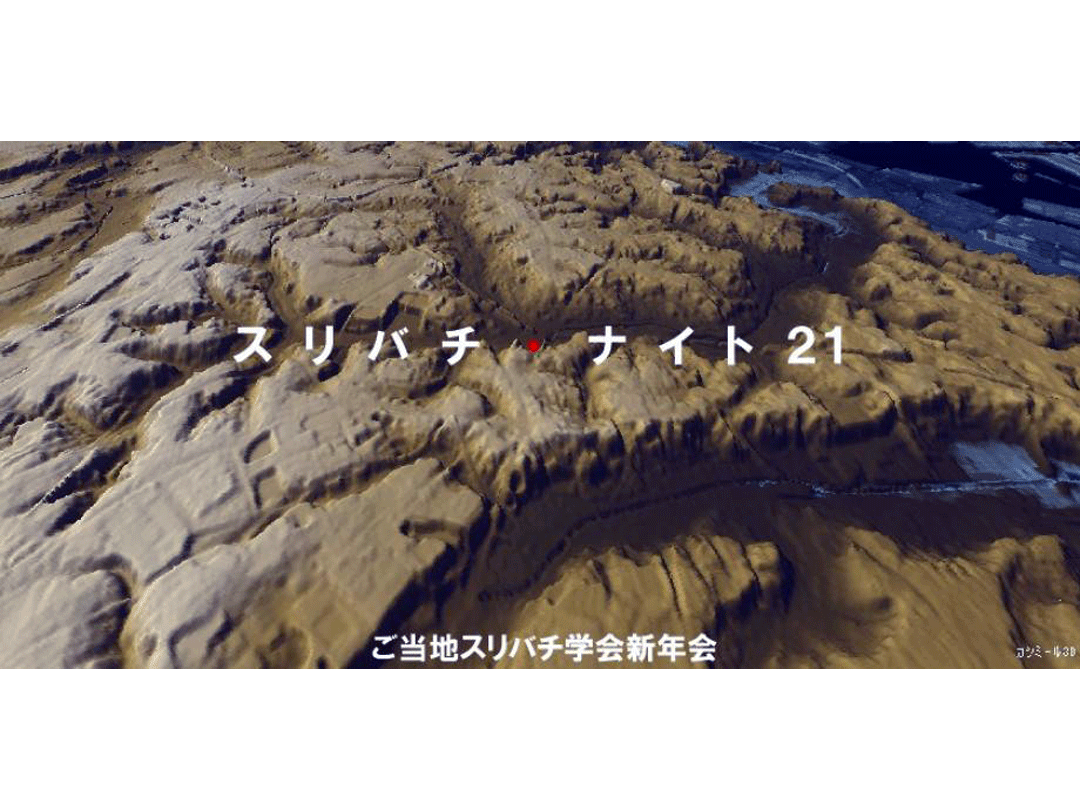
![[Miyazaki Wine x Networking Event] Enjoy an evening of Miyazaki talk while savoring Miyazaki wine and buffet cuisine in Shibuya!](https://biz.shibuyabunka.com/storage/images/event/1766575393.png)
